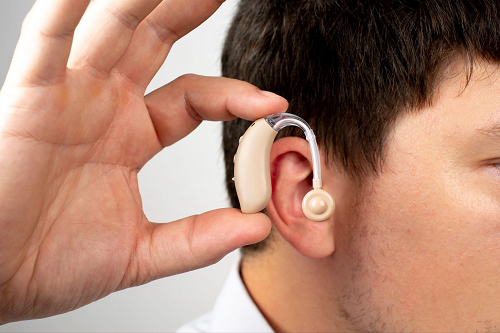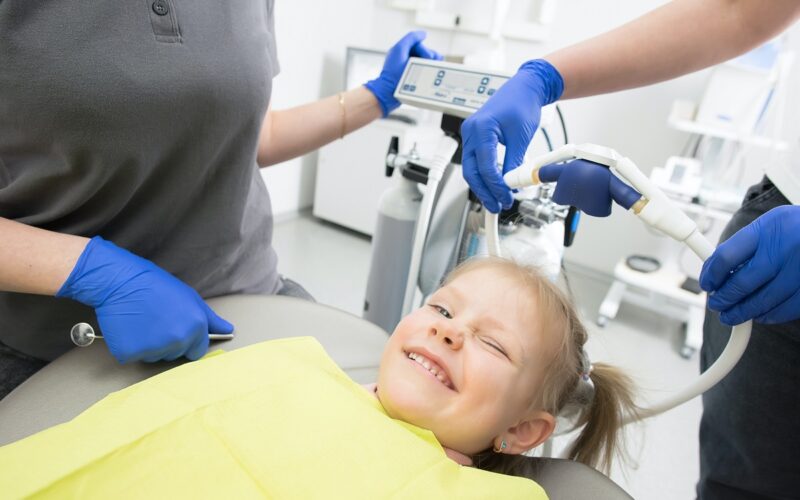
Cochlear implants are a groundbreaking solution for individuals with significant hearing loss, but the success of this technology relies heavily on the expertise of audiologists. These professionals play a pivotal role throughout the cochlear implant process—from the initial assessment and the surgical phase to the long-term management and maintenance of the device. This article delves into ho audiologists contribute to the success of cochlear implants, highlighting their impact on patient outcomes and the quality of auditory rehabilitation they provide.
Initial Assessment and Candidacy Determination
The journey towards cochlear implantation begins long before surgery, with audiologists playing a critical role in determining a patient’s candidacy. Here’s how they contribute at this initial stage:
Hearing Evaluation
Audiologists conduct comprehensive hearing tests to assess the degree and type of hearing loss. These tests determine if traditional hearing aids are insufficient and if a cochlear implant could be beneficial.
Medical History Review
A detailed review of the patient’s medical history helps identify any factors that might affect the success of the implant, such as previous ear surgeries or underlying health conditions.
Lifestyle Assessment
Understanding a patient’s lifestyle, work environment, and social interactions allows audiologists to gauge how a cochlear implant could improve their daily life and communication abilities.
Counselling
Audiologists provide essential information and support, helping patients understand what to expect from the implant process and the realistic outcomes they can achieve, thus ensuring informed consent and preparedness for the surgery.
Pre-Surgical Preparation and Planning
Once a patient is deemed a suitable candidate, the audiologist’s role shifts towards preparing them for surgery:
Device Selection
Audiologists help select the appropriate cochlear implant model and manufacturer based on the patient’s specific auditory needs, lifestyle considerations, and anatomical factors.
Pre-Operative Testing
Additional tests, such as imaging studies of the auditory nerve and inner ear structures, are often coordinated by audiologists to provide surgeons with critical information for planning implant placement.
Educational Sessions
Audiologists conduct pre-surgical education sessions to walk patients and their families through the surgical process, post-operative care, and the timeline for activation and adjustment of the implant.
Emotional Support
The pre-surgical phase can be emotionally taxing for patients. Audiologists offer support and reassurance, addressing any anxieties or concerns to ensure patients are psychologically ready for the changes ahead.
Surgical Support and Intraoperative Assistance
Audiologists also contribute directly during cochlear implant surgery, albeit in a supportive role that complements the surgeon’s work:
Intraoperative Monitoring
Audiologists may assist during surgery by monitoring the functionality of the cochlear implant. This involves testing the device while it is being implanted to ensure that the electrodes are correctly positioned and functioning optimally within the cochlea.
Technical Support
They provide technical knowledge about the cochlear implant device, aiding the surgical team in making adjustments for optimal placement and performance.
Communication Bridge
Serving as a bridge between the surgical team and the patient’s family, audiologists provide updates and explanations about the progress and outcomes of the surgery, helping to ease family concerns during the procedure.
Post-operative care and Rehabilitation
The role of audiologists becomes even more critical after the surgery, as they lead the rehabilitation process:
Device Activation
A few weeks after surgery, once healing has occurred, the audiologist activates the cochlear implant. This involves adjusting the electronic settings of the device to fit the specific auditory needs of the patient.
Programming Sessions
Regular programming adjustments, known as mapping, are necessary to fine-tune the device. These sessions are crucial for optimising hearing capabilities and are conducted frequently in the months following surgery.
Auditory Rehabilitation
Audiologists oversee the auditory rehabilitation process, which is essential for helping patients adapt to hearing with their cochlear implant. This includes teaching listening strategies, speech perception training, and, if necessary, lip-reading skills.
Long-Term Monitoring
Continued monitoring of the implant’s performance and the patient’s auditory health is vital. Audiologists conduct regular check-ups to assess the health of the ear and the functionality of the implant, adjusting settings as the patient’s hearing needs evolve.
Support and Counseling
Beyond technical support, audiologists provide ongoing emotional and educational support to patients, helping them adjust to the new auditory experiences and addressing any concerns they may have.
Conclusion
Audiologists are central to the success of cochlear implant surgeries, playing a multifaceted role that spans from the initial assessment through to long-term care and support. Their expertise ensures that each patient’s journey is tailored to their specific needs, enhancing the potential benefits of cochlear implants. By offering comprehensive care that includes pre-surgical planning, intraoperative support, and extensive post-operative rehabilitation, audiologists not only maximise the functional capabilities of cochlear implants but also support patients in adapting to and embracing their new way of hearing. The dedication and specialised knowledge of these professionals are indispensable in transforming the lives of those with significant hearing loss, allowing them to reconnect with the world of sound.





